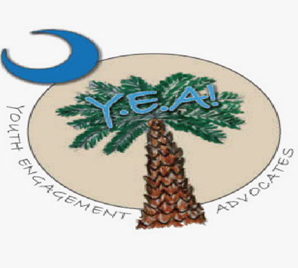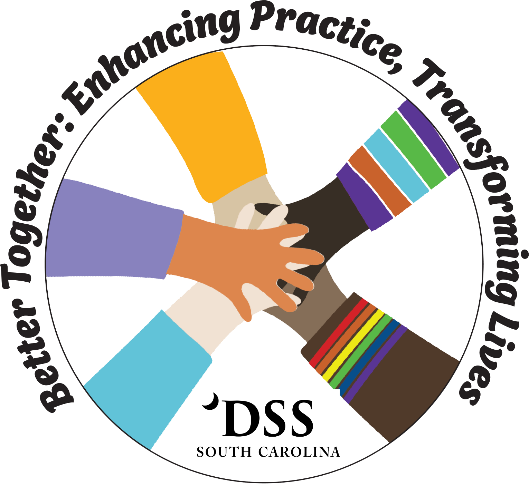YEA! Youth Engagement Advocates

Youth Engagement Advocates, affectionally known as YEA!, is an advisory group created to ensure that youth voice is heard when agencies are developing programs and policies for teens, older youth, and young adults. YEA! meets regularly to discuss and provide input with policy change, program development, review current data, and share their lived experiences at state-wide and national conferences.
YEA! values:
Expertise
We value and uplift the importance of lived experience. Everyone is an expert in their own story. Together our combined histories and experience of the foster care system make us stronger and wiser.
Continuous Learning
We believe in the power of taking chances and making mistakes. Sometimes failure leads to the biggest success. Together we are committed to gaining new awareness and skills through education, empathy, remaining open-minded and a commitment to finding learnings and lessons in every opportunity.
Supportive Relationships
We support and uplift one another in our journeys. We acknowledge the role and impact we can have in one another’s life. Together we stand as a community of advocates and leaders who commit to holding up and holding each other accountable, as we progress towards personal development and systemic change.
YEA! Members
- Commit to service
- Join monthly Council calls
- Create change
- Grow as leaders
“We are committed to uplifting youth voice, building change, and increasing awareness in the foster care system!”
Key Roles & Responsibilities of YEA! Council Members
Young people between the ages of 14 and 25 with Foster Care Experience are welcomed to join the monthly meetings being held at the Regional Network Chapters:
- Upstate- Pendleton Place Youth and Family Services, Greenville
- Low Country- Landmarks for Families, Charleston
- PeeDee- Trent Hill Center for Children and Families, Hartsville
- Midlands- Palmetto Place Children and Youth Services, Columbia
YEA! meets monthly for workshops, peer networking and advocacy planning. Agency collaboration provides opportunities for open discussions, research, problem solving and program improvement.
With training and development, YEA! members are supported to serve as leaders of the council. Strategic Sharing, Advocacy 101, Leadership, Communication Skills/Speaking with the Media. They speak at local, state, and nationwide events to advocate for their peers and system change.
Youth Voice Platform
SCDSS has partnered with YEA! to establish a youth voice platform. SCDSS believes that when youth are empowered, they feel confident and capable to become active contributors and collaborators to improve the child welfare system.
This partnership honors youth voice, includes youth in decision-making processes, and supports youth advocacy to raise awareness about what's best for young people.
Panels, focus groups, and listening sessions are conducted on various topics in order for the youth to share their experiences and advocate for change to make the community a better place for both young people and adults alike.
YEA! has been part of many program and policy developments such as:
- Better Together Campaign
- Strategic Planning of Guiding Principle Standards (GPS)
- Court Youth Engagement
- Extension of Foster Care
- Supervised Independent Living
- Transition Planning
- Older youth transition support resource guide
- Division X Stimulus Program
- Financial Literacy Training series
- Statewide Transition Service Support Program
- Sibling Connections
- And Many More…

